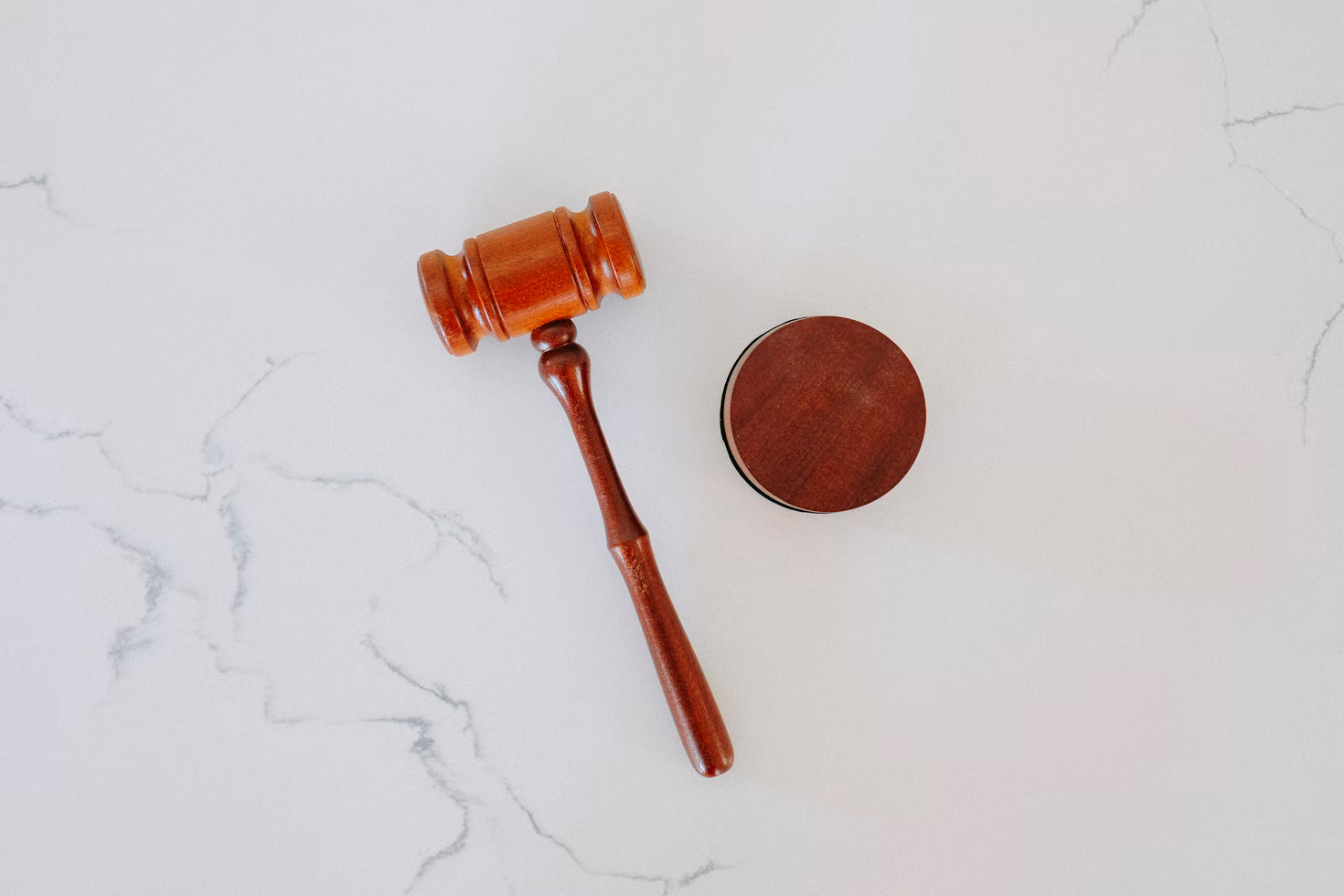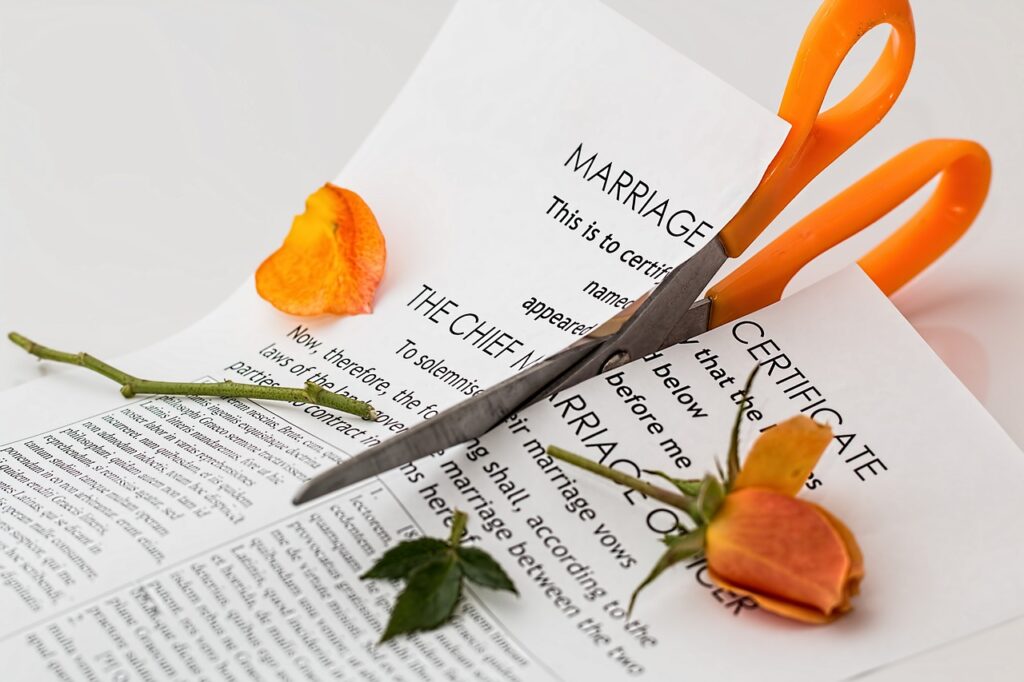Now Reading: How to Handle a Personal Injury Case
-
01
How to Handle a Personal Injury Case

How to Handle a Personal Injury Case
Injury to the body, mind, or emotions is referred to as personal injury. The most common type of personal injury claim is based on negligence, which is when someone else fails to take reasonable care and this causes you harm.
To win a personal injury case, you must demonstrate that the individual who caused your accident owed you a duty of care, and that they breached that duty, harming you as a result. In this blog post, we will discuss what to do in the event of personal injury and how to handle a personal injury case.
What to do in the event of personal injury
If you or someone you know has been injured, it is important to know what to do in order to ensure the best possible outcome. The first step is to seek medical attention as soon as possible. This will ensure that the injury is treated properly and that any potential complications are avoided.
Once you have seen a doctor, you should then contact a personal injury lawyer. A Phoenix personal injury lawyer can help you to understand your legal rights and options and can assist you in filing a claim if necessary. It is also crucial to keep accurate records of all medical bills, lost wages, and other expenses related to the injury.
How to handle a personal injury case
If you are a victim in a personal injury case, the good news is that personal injury cases tend to win. However, it is critical that you know how to handle your case for the best possible outcome.
Once you search for, find, and vet a personal injury attorney in your area, one of the first things they will need to do is send a demand letter to the responsible party. This letter should outline the details of your injuries and losses, and it should state the amount of compensation you are seeking.
Once you have sent the demand letter, the other side will have a chance to respond. If they refuse to offer a fair settlement, then you may need to file a lawsuit. However, if both sides are able to reach an agreement, it will avoid the time and expense of going to court.
If you do end up going to court, the burden of proof will be on you to show that the other party’s at fault. You will need to have strong evidence to back up your claim. If you are successful in court, you may be awarded damages for your medical expenses and lost wages as well as pain and suffering.
Factors that could affect the outcome of your case
One important factor that can affect your case’s outcome is the demand letter. This is a letter sent by your attorney to the at-fault party’s insurance company detailing the facts of the case and outlining your demand for compensation. The demand letter is often the first step in negotiation and can have a big impact on the final settlement amount.
Another important factor is the statute of limitations. This is the deadline for filing a personal injury claim, and if you miss it, you’ll likely be barred from recovery. It’s important to consult with an attorney as soon as possible after an accident to ensure that your claim is filed in a timely manner.
Additionally, the amount of insurance coverage carried by the at-fault party can also affect the outcome of your case. If they don’t have enough coverage to cover your damages, you may need to seek recovery through other means, such as filing a personal injury lawsuit.
Endnote
If you or someone you know has been injured, it’s important to know what to do and how to handle a personal injury case. By following the steps outlined in this blog post, you can ensure that you have the best possible chance of success.










